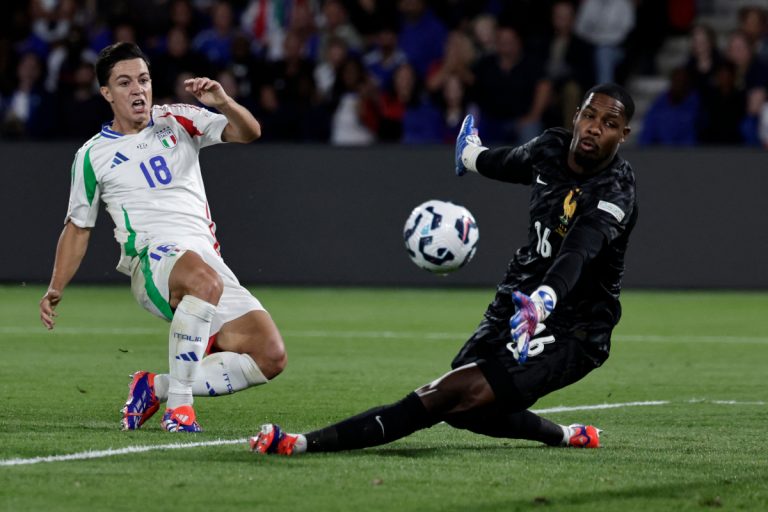Mercedes team boss Toto Wolff announced on Saturday that he and Lewis Hamilton had emotionally reached agreement on a new contract to keep him with the Formula 1 team beyond this season.
Hamilton signed a three-year contract extension with Mercedes in 2018, which set his contract to expire at the end of the 2023 season.
The deal was reportedly worth a hefty sum, reflecting both his immense talent and market value. However, as time ticks away, the negotiations for a potential renewal become increasingly critical.
Speaking after the end of the Hamilton-dominated third free practice session at the Hungarian Grand Prix, Wolff insisted the seven-time world champion’s contract extension was not yet signed but was done.
Mercedes, the team that has witnessed Hamilton’s unparalleled success, undoubtedly holds a strong desire to retain him. With his contribution to their dominance in recent years, they recognise the value he brings both on and off the track.
However, given the ever-changing landscape of F1, the team must carefully evaluate their options and consider the financial and competitive factors that come into play.
With 121 points, Hamilton is currently 4th in the world championship standings, with two second places in Australia and Spain as the best results this season.
When it comes to renewing his contract, Hamilton will undoubtedly face some tough negotiations. One of the key points of contention will be the expectations set by his team.
Will they demand another championship win? Will they throw in some performance clauses that require him to perform daring overtakes while balancing a plate on his head?
Hamilton’s contract renewal holds implications beyond his own career. It has the potential to influence team dynamics and driver market dynamics, potentially triggering a ripple effect throughout the sport.
His decision could shape the future direction of F1 and open up new opportunities and challenges for other drivers and teams.
















